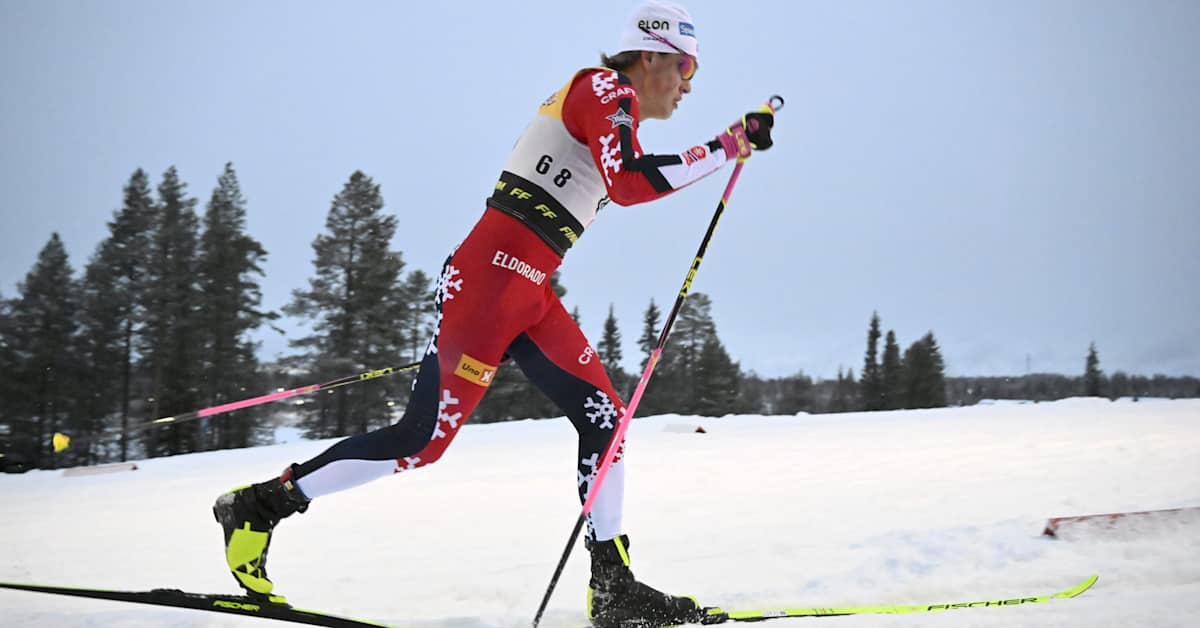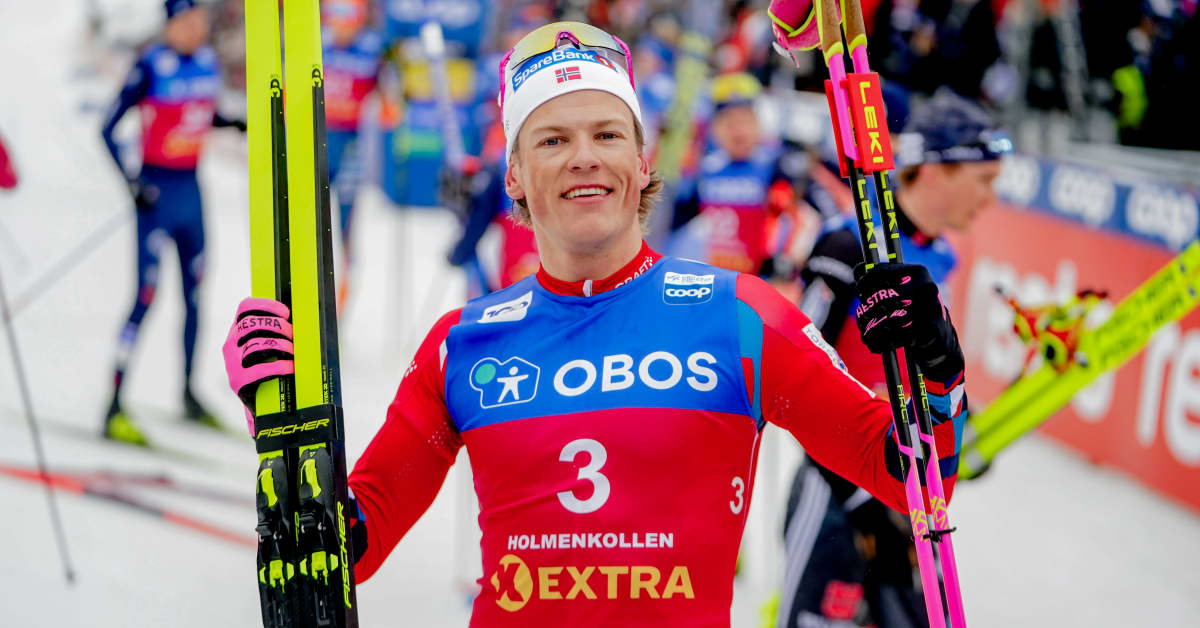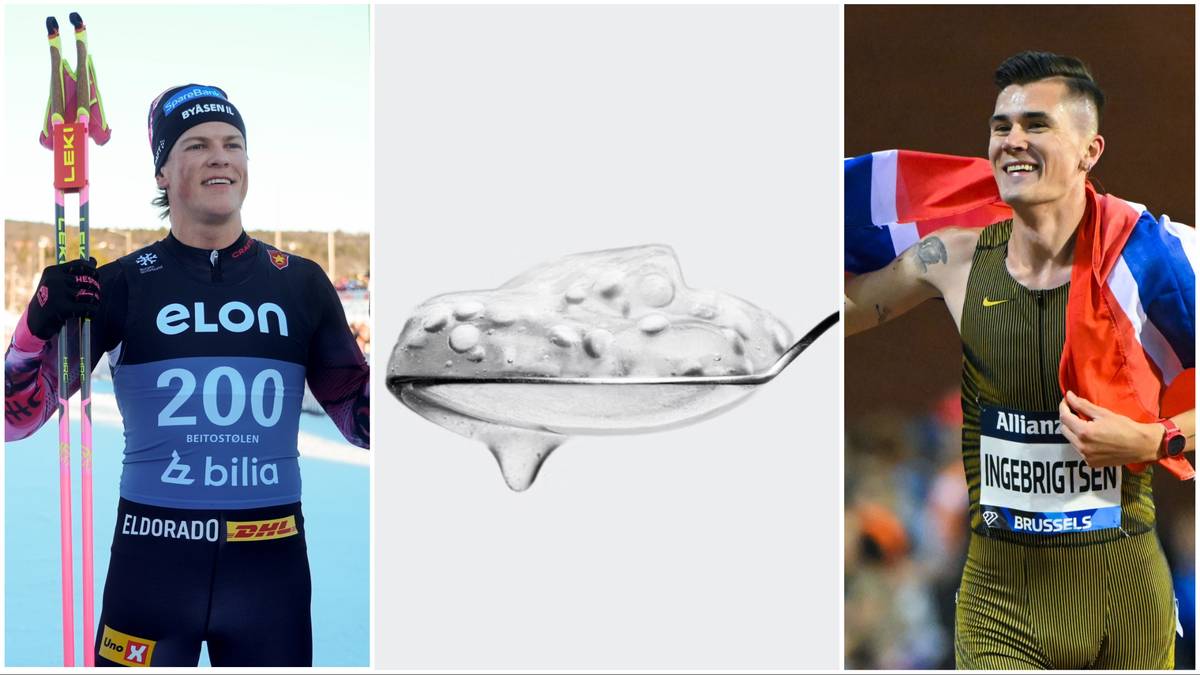
What is this secret weapon? Nutritionist speaks out about the use of baking soda by skiing stars
Originally published in Yle on January 02, 2025
In elite skiing, there has recently been excitement and buzz surrounding one substance, sodium bicarbonate, commonly known as baking soda.
Its use has been mentioned in several articles across Nordic countries, including those by Expressen, NRK, and Ilta-Sanomat, which have reported on its rising popularity among skiers.
The Norwegian skiing king Johannes Hösflot Klæbo has stated that he uses baking soda, which is also claimed by Swedish sprint star Maja Dahlqvist.
Ville Oksanen, coach of the Finland men's national team, informed Ilta-Sanomat that during the Tour de Ski, a leading event in the cross-country skiing World Cup, some athletes on the national team utilize baking soda.
The use of baking soda is familiar to many from baking, but what is its significance in sports?
Nutritionist and sports researcher Jaakko Mursu explained to Yle that consuming baking soda can help reduce the body’s acidity. This suggests that it can enhance performance during high-intensity efforts that produce significant acidity.
Mursu has over 20 years of research, teaching, and consulting experience at the university level, focusing on athletic nutrition, and was involved in creating Finland’s first university-level studies in this field.
Mursu emphasizes a clear message for anyone considering the use of baking soda in sports: it is effective if it meets the criteria of producing significant acidity during performance.
"For skiing, it must produce strong acidity. One training method where baking soda can be beneficial includes short, intense intervals. Is it advantageous in competition? Sprinting may be one such scenario,” explains Mursu.
He believes that while there may be some benefits, the advantages of baking soda are nuanced. When competing in events like the Tour de Ski or a single World Cup, the utility is borderline. In theory, during certain parts of a race or uphill when intensity increases, there could be benefits.
However, Mursu notes that direct research evidence on the benefits of baking soda for skiing performance is lacking. He reflects that athletes might adopt methods used by others without thoroughly considering the pros and cons of baking soda’s effects.
“Benefits or drawbacks are difficult to determine based solely on results lists,” he points out.
Research on baking soda has been conducted since at least the 1970s, confirming that using it in sports is not a new practice.
Mursu details some findings: studies indicated performance improvements of around one to four percent for subjects on stationary bicycles covering specific distances or workloads, averaging between two and three percent.
However, he notes that these studies typically involve non-elite athletes, raising the question of whether elite athletes would experience smaller percent changes, most likely yes.
He describes the improvements as still being within single-digit percentages, which although seemingly small, can translate to critical time savings in a sport like skiing.
Mursu warns of baking soda’s side effects, particularly gastrointestinal discomfort, which can limit its use among many individuals. A few years ago, a new gel containing baking soda was launched that reportedly causes less stomach discomfort, leading to increased adoption of its use.
The primary limiting factor remains that baking soda can cause significant stomach issues, leading to nausea, thirst, and increased urgency to defecate, as Mursu explains.
When discussing the potential benefits of a few percentages, it raises the question: does an average athlete need baking soda in their daily routine? Mursu's answer is straightforward, "no. If training fits the described profile, why not try it? But I see little reason for a regular athlete to seek out that minor performance advantage. Generally, I would say no," Mursu states.
He also points out the sensitivity surrounding baking soda’s use in Finnish skiing. Reports by Sanoma’s sports editorial have noted that some athletes appear visibly uncomfortable when questioned about their use of baking soda, describing it as part of elite sports' grey area.
Mursu dismisses any doping-related implications regarding baking soda, stating that it does not warrant such labels. He reminds that for something to be considered doping, it must cause significant health risks and distort competition.
Baking soda does not meet this criterion. "I would like to emphasize that this is not a substance on a grey area. It is a permitted substance that should be treated as such. There's no need to hide its use or similar intentions. Perhaps the narrative molds it into a 'secret weapon,'” argues Mursu.
See Also

Baking soda becomes a trend in elite sports – Johannes Hösflot Klaebo justifies its use
December 19, 2024 / Yle
Winter Sports: Miracle Powder is Conquering Ski Sports – But Jonna Sundling is Skeptical
December 19, 2024 / SVT Sport

Trendy Supplements Enter the Cross-Country Skiing Scene: Do as Jakob Ingebrigtsen
December 18, 2024 / NRK